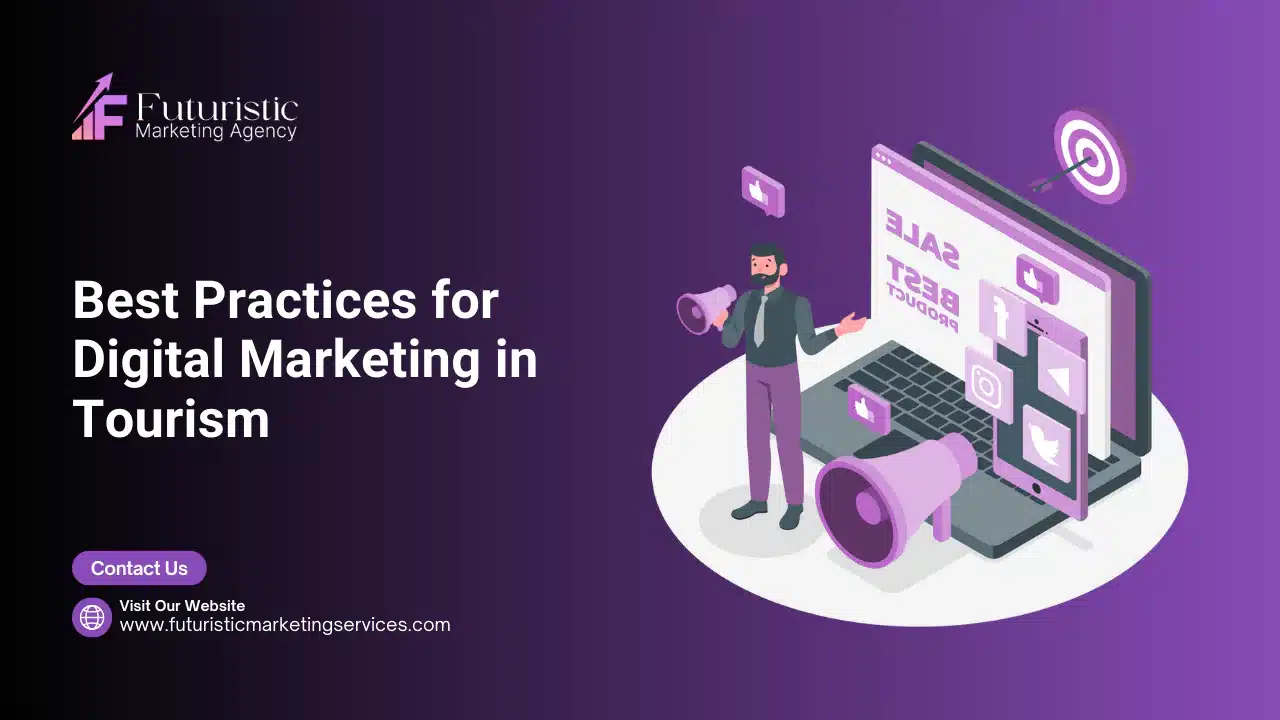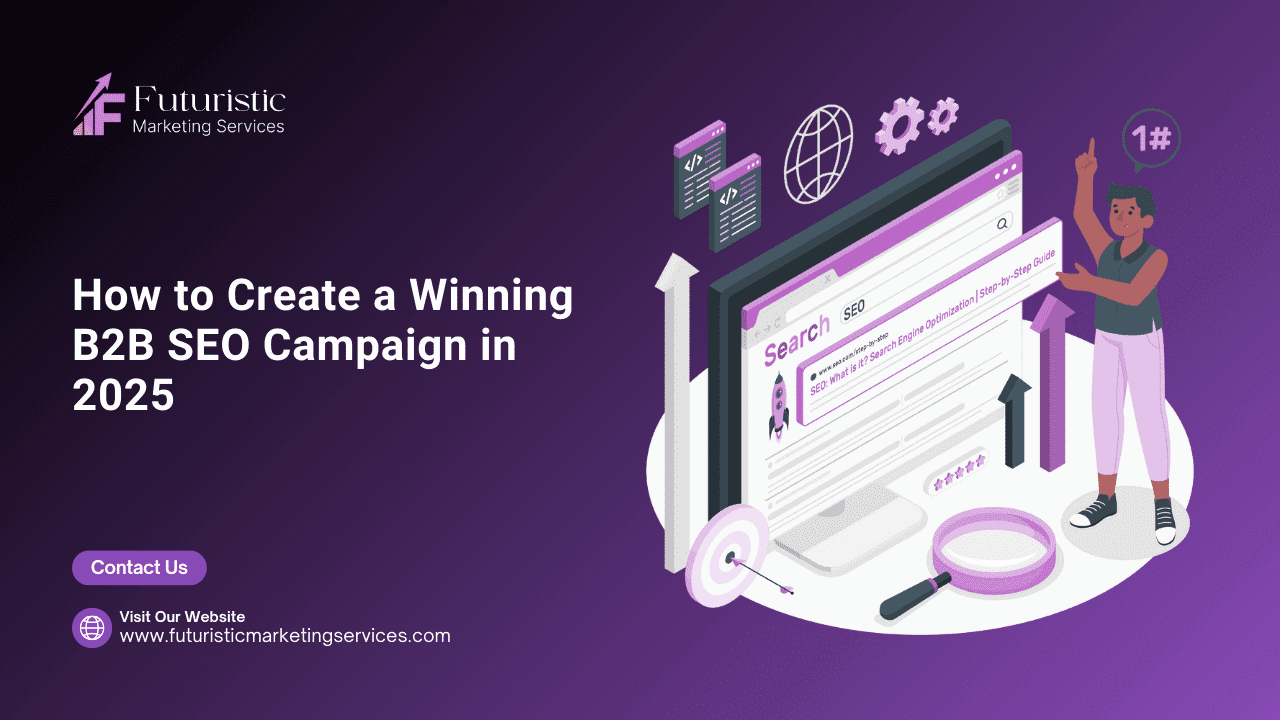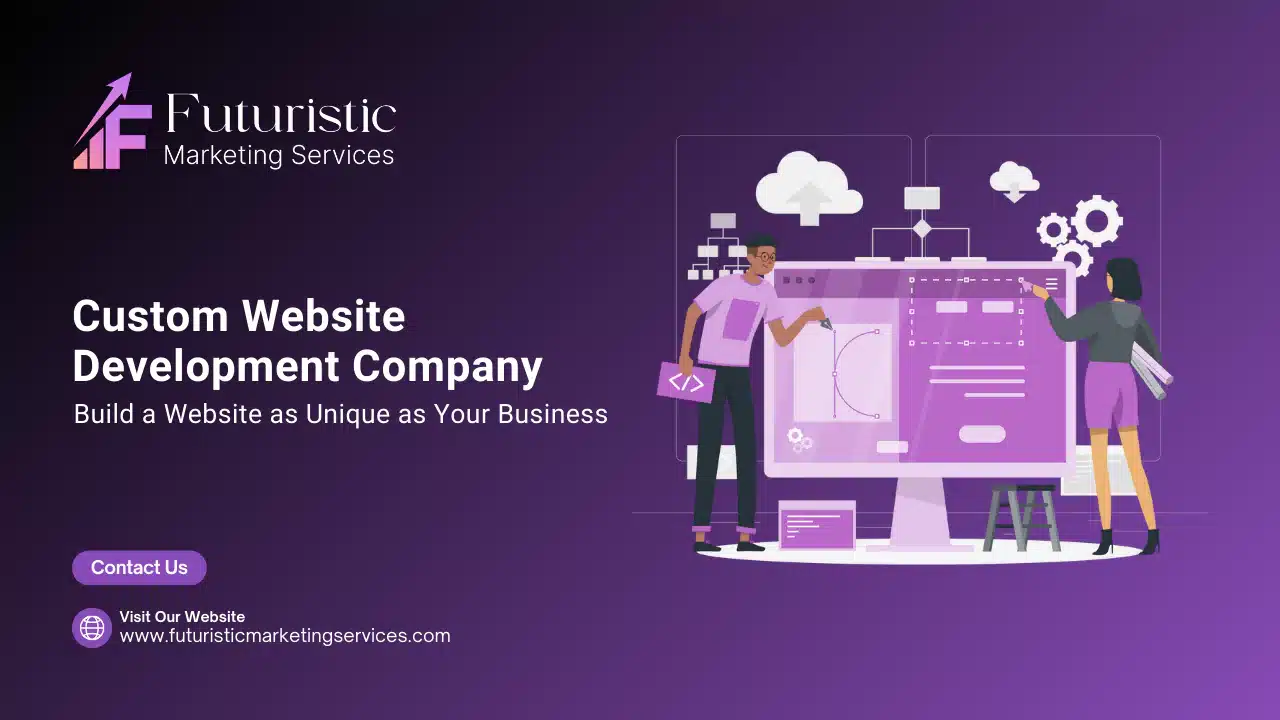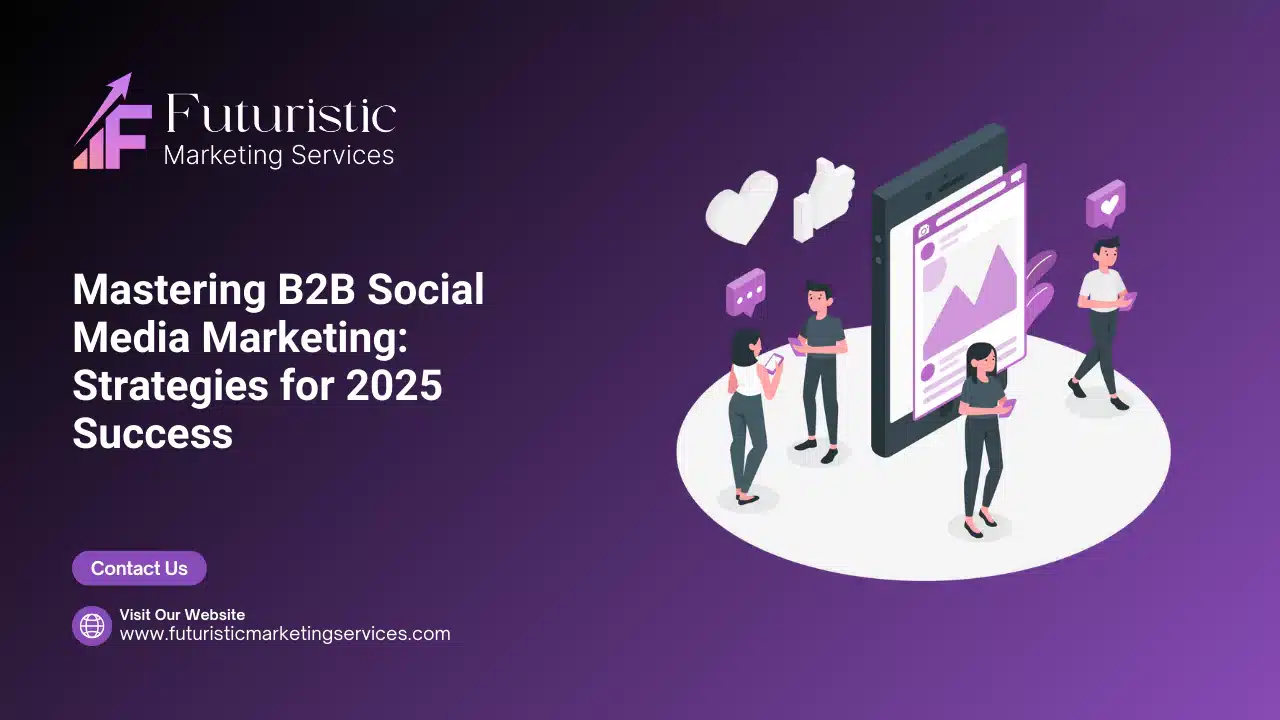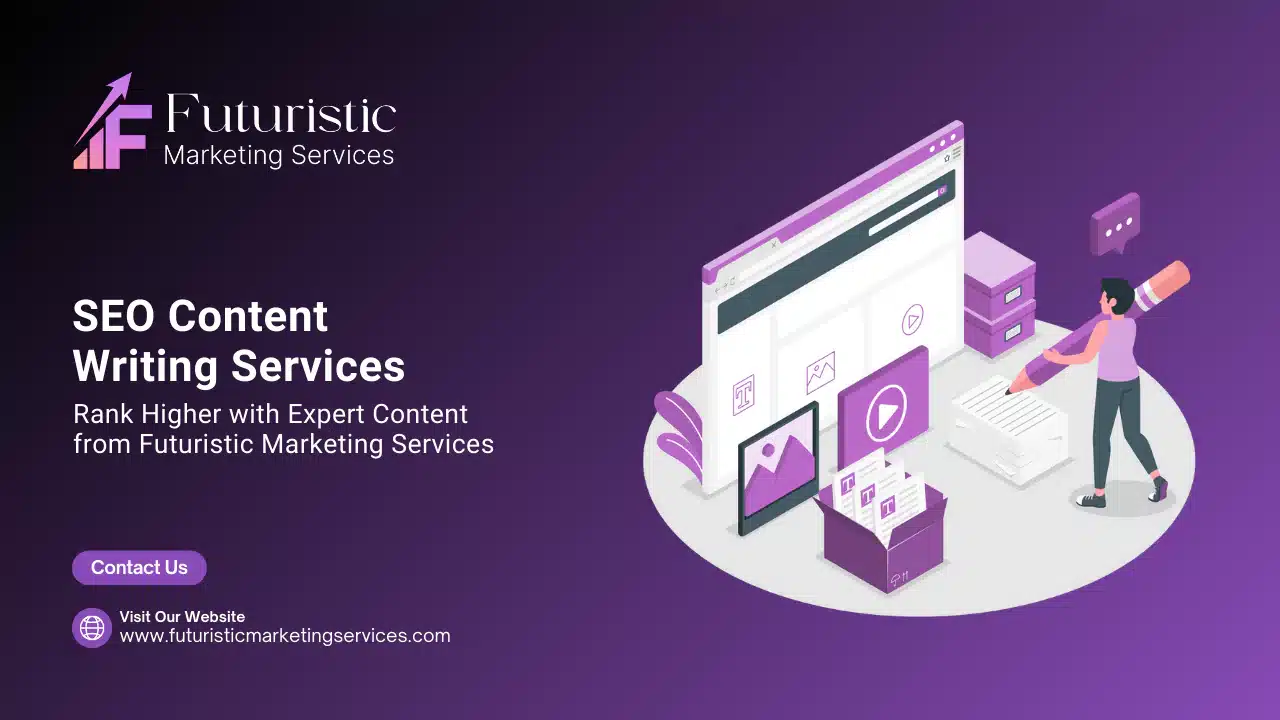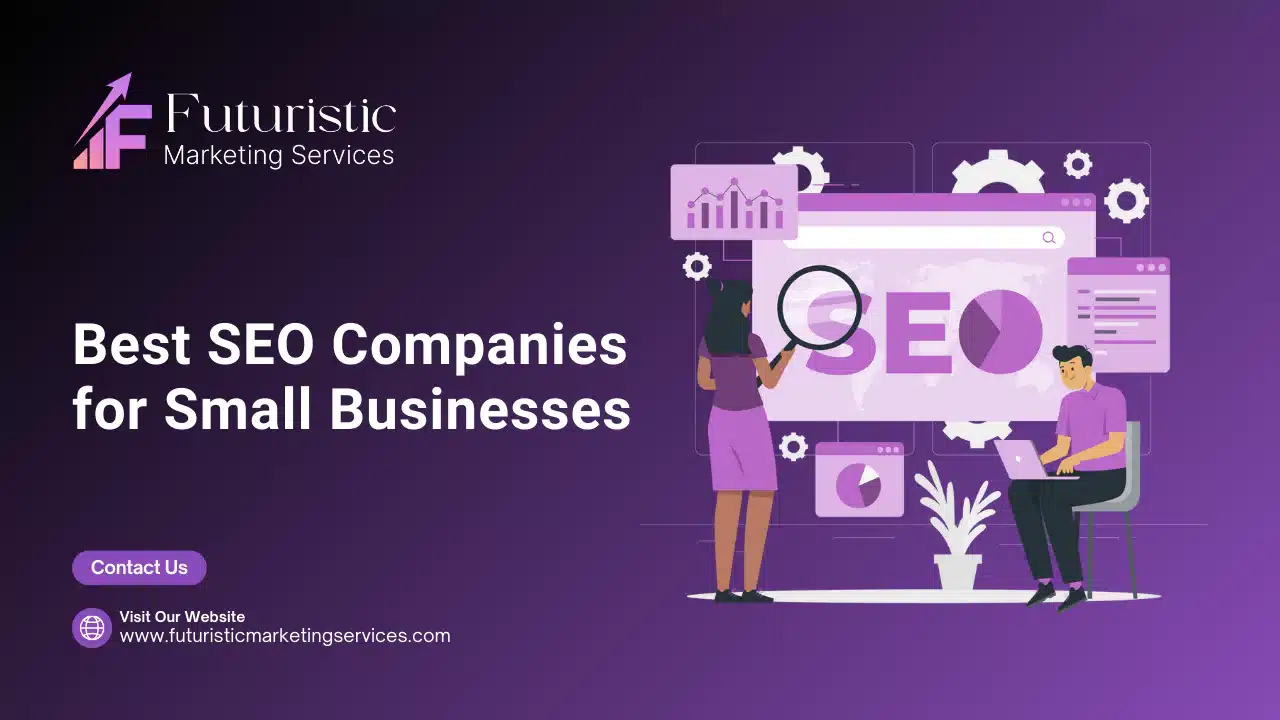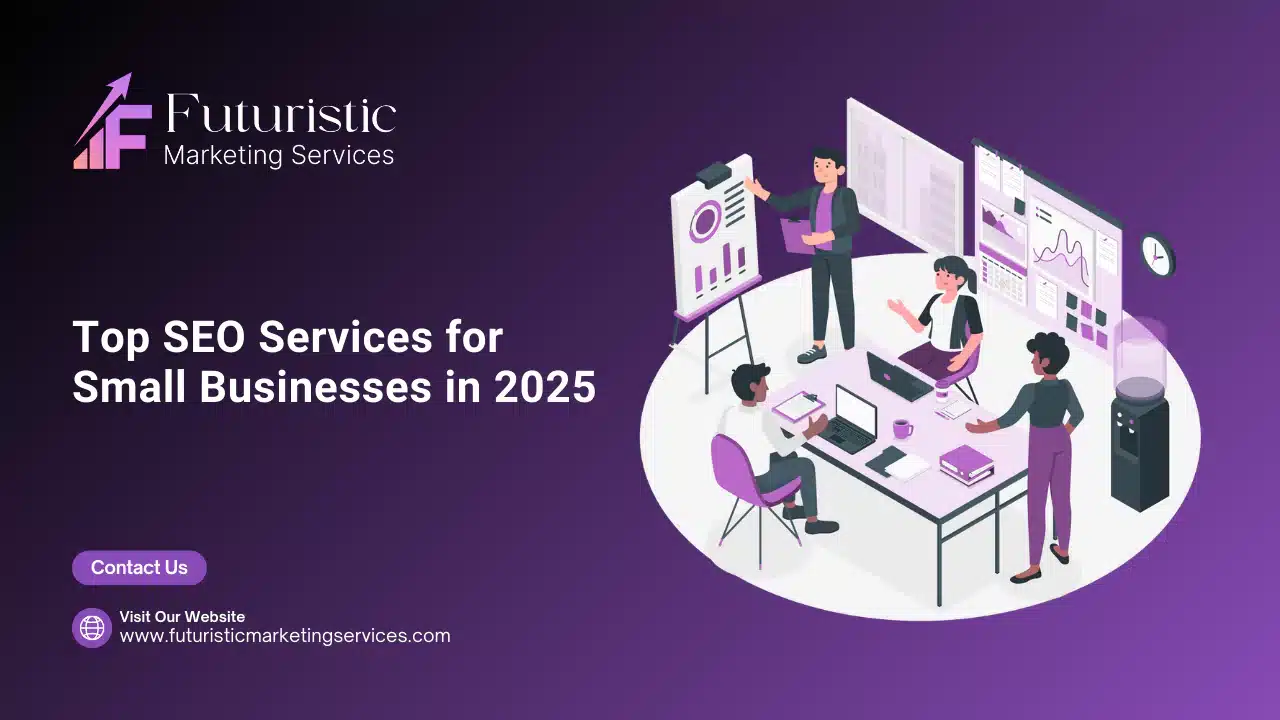In an era where travelers rely heavily on the internet to plan their trips, digital marketing has become indispensable for tourism businesses. Whether you run a hotel, travel agency, or tour operator, mastering digital marketing can help you attract more travelers, improve bookings, and stay ahead of the competition.
This guide dives deep into proven strategies to excel in digital marketing for tourism, ensuring your brand remains top of mind for potential customers.
Understanding Your Audience
The foundation of any successful marketing strategy lies in understanding your audience and addressing their needs.
1. Conduct Detailed Market Research
- Analyze demographic and psychographic data using tools like Google Analytics and Statista.
- Study seasonal trends in tourism behavior using platforms like Think with Google.
2. Create Precise Traveler Personas
- Develop personas based on traveler types such as adventure seekers, luxury travelers, or budget tourists.
- Use HubSpot’s Persona Tool to streamline the process.
3. Leverage Social Listening
4. Focus on Behavioral Data
- Use heatmaps and session recordings from tools like Hotjar to understand user preferences and improve website usability.
5. Adapt to Changing Trends
- Address emerging trends like eco-tourism, staycations, or wellness travel through tailored marketing campaigns.
Learn how to create effective, user-focused campaigns with our digital marketing services.
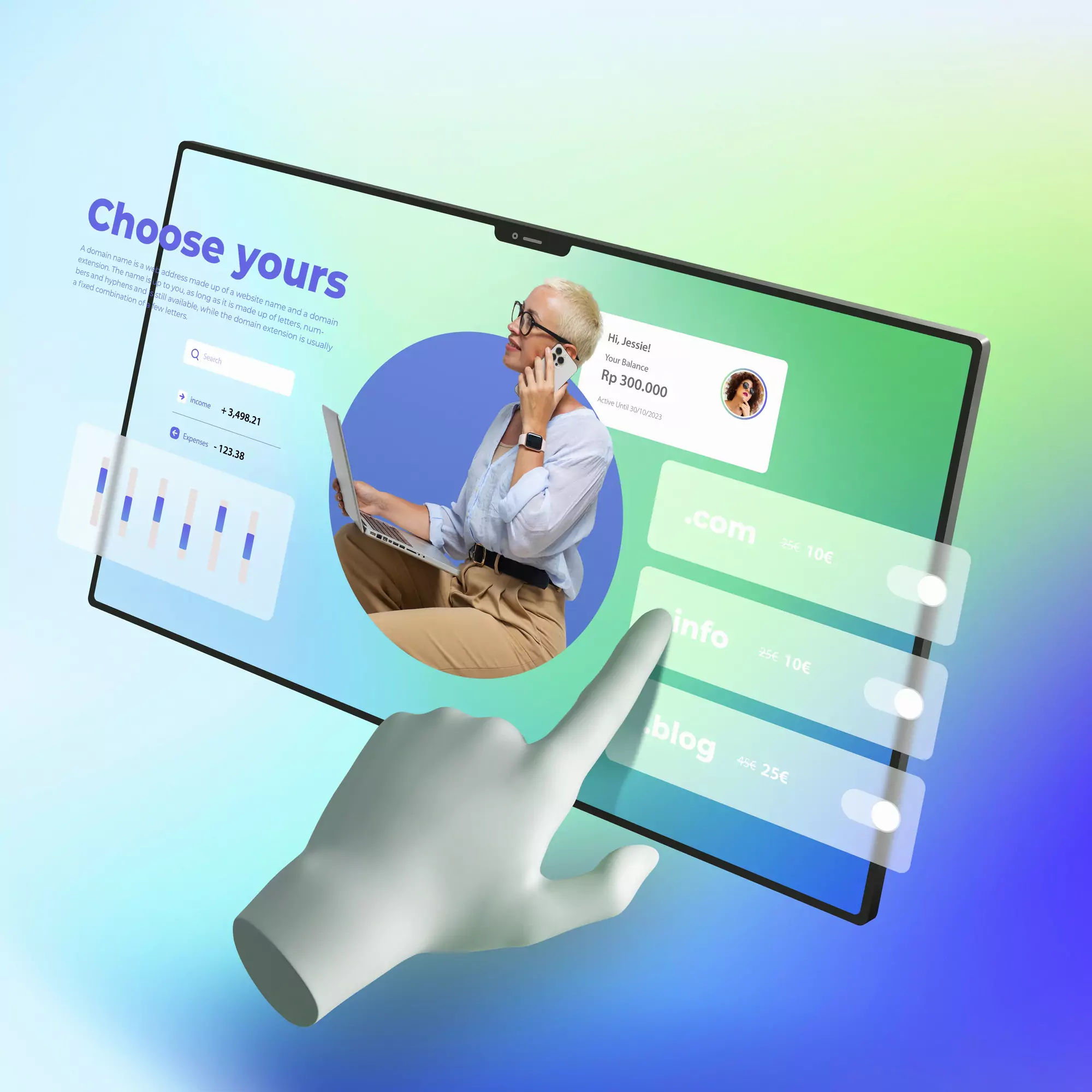
Building a High-Performing Website
Your website is the digital storefront for your tourism business. A seamless and engaging experience can make all the difference.
1. Optimize for Mobile Users
- Ensure your website is responsive since over 54% of travelers book trips via mobile devices.
- Test your website’s mobile performance using Google’s Mobile-Friendly Test.
2. Improve Website Speed
- Compress images using tools like TinyPNG and implement lazy loading.
- Use a CDN, such as Cloudflare, to improve load speeds.
3. Focus on Intuitive Navigation
- Add clear CTAs, such as “Book Now” or “Explore Packages,” to guide users through the booking process.
- Simplify menus and ensure that every important page is no more than three clicks away.
4. Incorporate Trust Signals
- Display badges like “TripAdvisor Certificate of Excellence” and showcase positive reviews prominently.
5. Provide Multilingual Options
- Use plugins like Weglot to translate your website for international travelers.
Explore how to optimize your website for user engagement in our web optimization services.

Maximizing SEO to Attract Travelers
Search engine optimization (SEO) ensures your business is visible when travelers search for destinations, activities, or accommodations.
1. Perform Keyword Research
2. Optimize On-Page SEO
- Write compelling meta titles and descriptions:
- Meta Title: “Best Practices for Digital Marketing in Tourism – Get Found Online”
- Meta Description: “Discover how SEO, social media, and content marketing can boost your tourism business and attract more travelers.”
3. Leverage Local SEO
- Optimize for “near me” searches by updating your Google My Business profile.
- Add relevant local keywords like “tours in Chicago” or “hotels in Los Angeles.”
4. Use Structured Data
- Add schema markup for FAQs, reviews, and events. Learn how to implement schema with Google’s Structured Data Markup Helper.
5. Earn Quality Backlinks
- Collaborate with travel bloggers and guest post on sites like Travel Weekly to earn authoritative links.
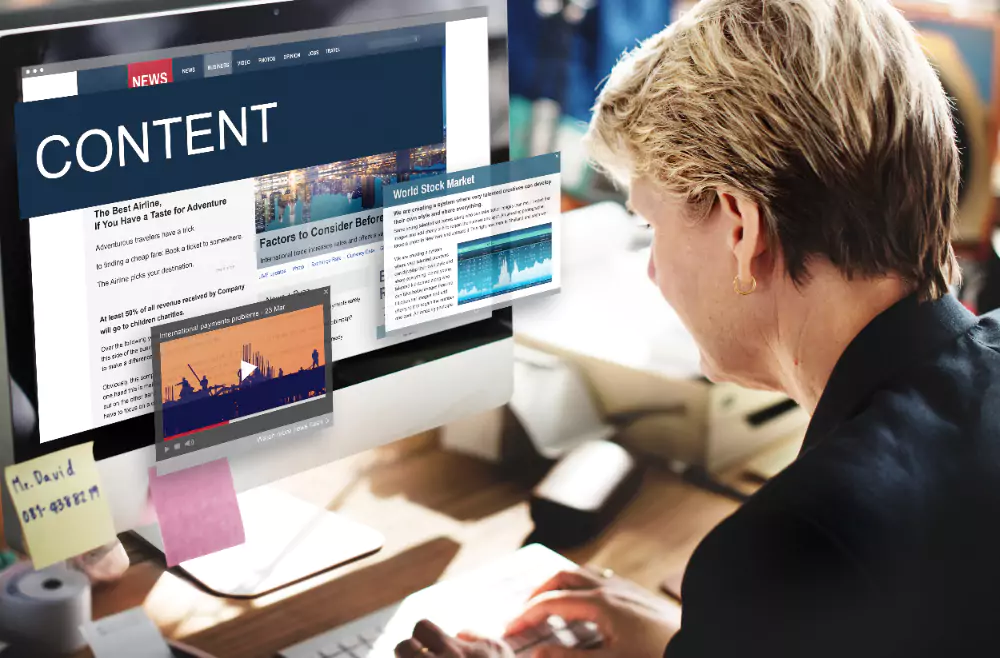
Content Marketing to Inspire Travelers
Content marketing is a powerful way to showcase your offerings and connect with potential customers.
1. Publish Engaging Blog Content
- Create blog posts like “Top 10 Adventure Destinations in the US” or “How to Plan the Perfect Family Getaway.”
- Incorporate relevant keywords and keep content fresh.
2. Focus on Visual Content
- Include high-quality photos and videos to immerse readers in the travel experience.
- Add 360-degree virtual tours for a unique perspective.
3. Repurpose Content Across Platforms
- Turn blogs into Instagram posts, YouTube videos, or Pinterest pins to maximize reach.
4. Provide Downloadable Resources
- Offer free travel guides, packing lists, or itineraries as lead magnets to grow your email list.
5. Share Success Stories
- Use customer testimonials and before/after case studies to build trust and authority.
Learn more about creating impactful content with our content marketing services.

Leveraging Social Media for Engagement
Social media is where travelers discover, share, and discuss their travel plans.
1. Pick the Right Platforms
- Use Instagram for visual storytelling, Pinterest for inspiration boards, and TikTok for creative short-form videos.
2. Engage Your Audience
- Host interactive Q&A sessions, run polls, and post user-generated content.
3. Collaborate With Influencers
- Partner with travel influencers to promote your offerings. Platforms like AspireIQ help find the right influencers.
4. Invest in Paid Advertising
- Run targeted campaigns using Facebook Ads Manager to drive conversions.
5. Track and Refine Strategies
- Use analytics tools to monitor engagement and adjust your content strategy.
Discover our expertise in social media marketing by visiting our services page.
Conclusion
Digital marketing is a vital tool for driving success in the tourism industry. By understanding your audience, optimizing your website, leveraging SEO, and creating engaging content, you can attract more travelers and grow your business.
Ready to implement these strategies? Contact us today for expert assistance tailored to your needs.
People Also Ask
What is digital marketing in tourism?
How can SEO benefit tourism businesses?
What are the best digital marketing strategies for tourism?
1. Building a mobile-friendly website.
2. Leveraging SEO to attract organic traffic.
3. Using social media for engagement and ads.
4. Creating high-quality content like blogs and videos.
5. Running personalized email campaigns to re-engage customers.
Why is content marketing important in tourism?
How do social media platforms help tourism businesses?
1. Showcase destinations and experiences.
2. Engage with users through comments and polls.
3. Run targeted ad campaigns to boost bookings.

